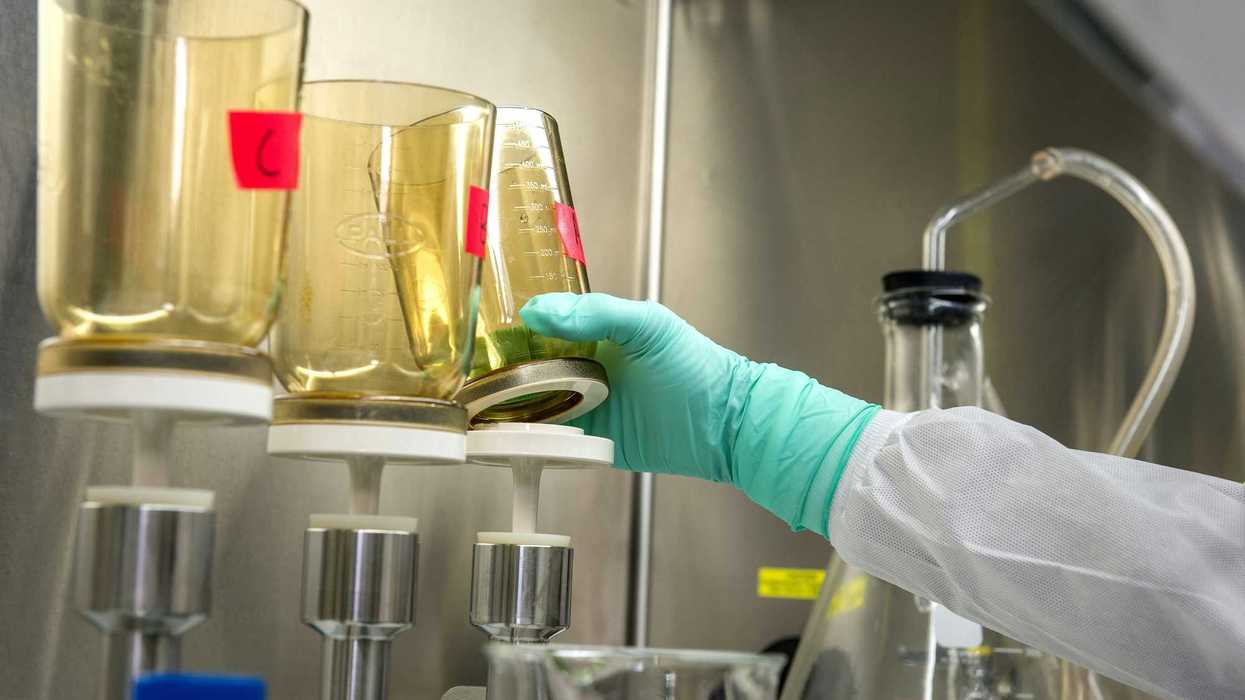New federal PFAS regulations will require New Jersey utilities to implement costly updates to their water systems to meet stringent new safety standards.
Jon Hurdle reports for NJ Spotlight News.
In short:
- New federal regulations mandate significant reductions in PFAS levels in drinking water, surpassing New Jersey's already stringent standards.
- Water systems have up to five years to test and adjust their infrastructure to meet these new benchmarks, which are aimed at reducing health risks.
- The cost of compliance is expected to be passed onto consumers, potentially affecting financially disadvantaged communities the most.
Key quote:
"We are hopeful that this federal action will create programs that can assist us in relieving our ratepayers from shouldering the costs of this treatment, as neither us nor our ratepayers are responsible for contaminating the water source."
— Rich Calbi, operations manager, Ridgewood Water
Why this matters:
Growing public awareness and concern about PFAS contamination have put pressure on government agencies to take action. Advocacy groups, affected communities, and concerned citizens have been vocal in calling for stricter regulations and cleaner drinking water standards.














